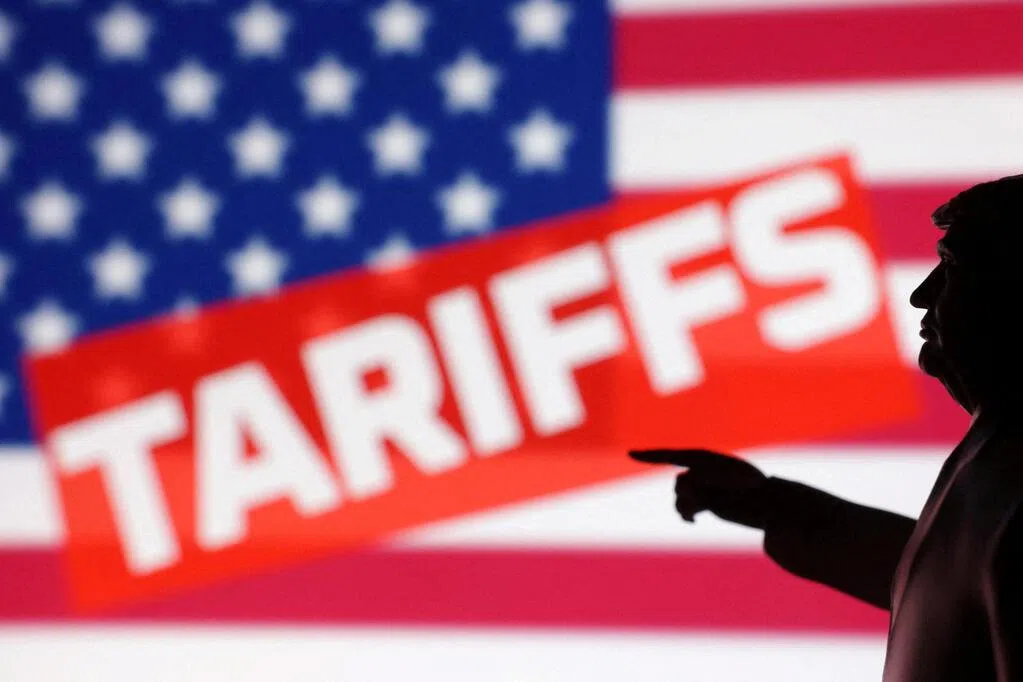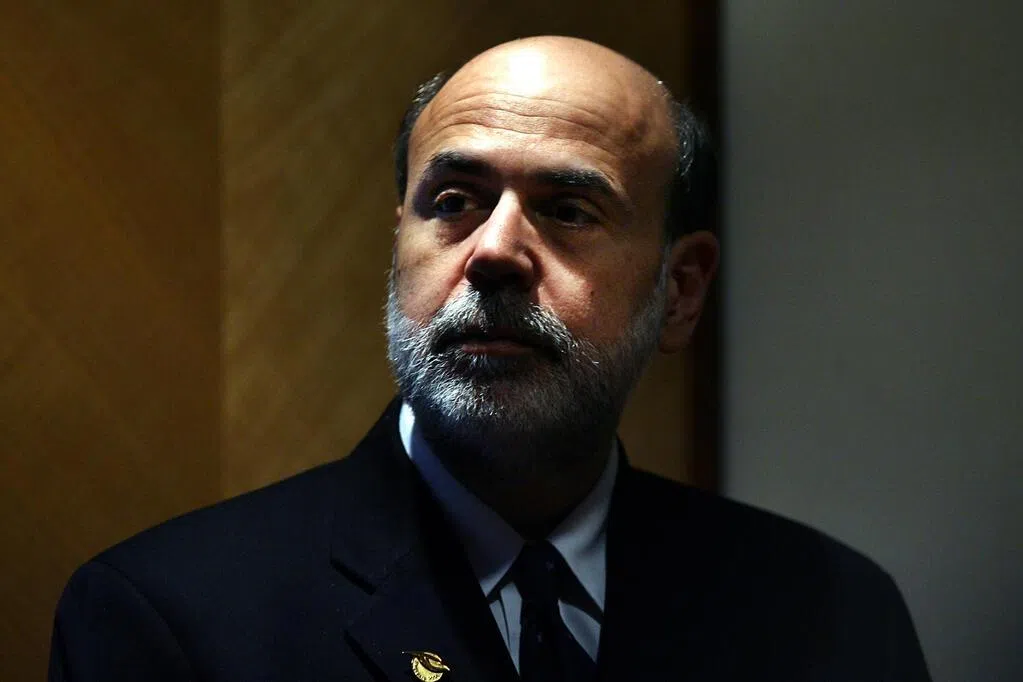(Washington, D.C.) The U.S. Supreme Court will begin hearing an appeal on Wednesday (November 5) regarding the legality of President Trump's retaliatory tariffs on global trading partners. Trump has indicated he will not attend the oral arguments that day.
On Sunday (November 2), while aboard Air Force One returning to Washington from Florida, Trump told reporters that although he wanted to attend, he did not want to cause disruption. "I really want to go. I just don't want to do anything to distract people from this decision."
The Supreme Court will hear the Justice Department's appeal against a lower court ruling on Wednesday. Previously, a federal appeals court ruled that Trump exceeded his authority in imposing most tariffs under the International Emergency Economic Powers Act of 1977. These tariffs have been challenged by numerous businesses and 12 states.
Trump stated that the Supreme Court's final ruling "will be one of the most important decisions in American history."
He said, "Without tariffs, we have no national security, and the rest of the world will laugh at us because they have been using tariffs against us for years and taking advantage of us."
Further Reading


This case touches upon the core of Trump's "America First" trade policy, and the Supreme Court's ruling will have a significant impact, though it may take months to reach a conclusion. Furthermore, this ruling will not directly affect Trump's tariffs on specific industries such as steel, aluminum, and automobiles.
While Trump's tariffs have not triggered widespread inflation, American businesses, especially small businesses, are complaining that they are experiencing additional cost pressures.
"These tariffs threaten small businesses like mine, making it difficult for us to survive, let alone grow," said Schwartz, owner of a wine company that filed the lawsuit.
"Gracie, who imports hand-painted wallpaper from China," said that the high tariffs mean hundreds of thousands of dollars in additional costs. "We don't want to jeopardize our business by raising prices, but we can't absorb these increased costs indefinitely."
Smetes of the University of Pennsylvania points out that 40% of U.S. imports are intermediate goods, meaning they are not directly aimed at retail consumers. He warns that maintaining tariffs means a decline in the competitiveness of American businesses.



